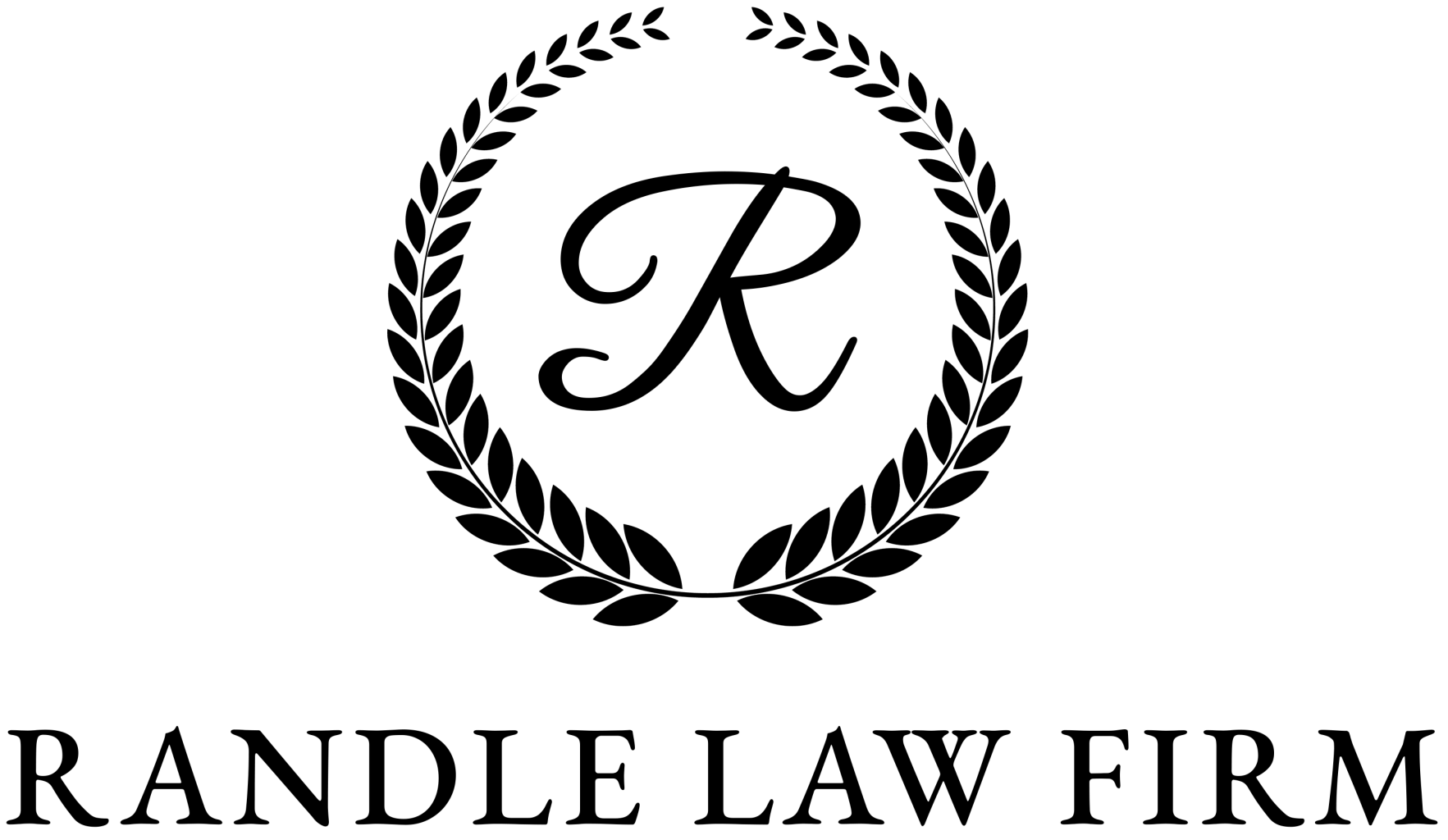Location:
8898 Old Lee Hwy
Suite 106
Ooltewah, TN 37363
Email: april@aprilrandlelaw.com
Phone: 423-521-8000
Fax: 423-521-8001
What Is A Reaffirmation Agreement And How Does It Work?
What Is A Reaffirmation Agreement And How
Does It Work?
Whether you’ve already done your bankruptcy research or are currently moving through the filing process, you may have encountered the term, “Reaffirmation Agreement.” Some sources casually mention the term with little-to-no explanation while others fail to properly define and outline what a Reaffirmation Agreement is, and how it works in a bankruptcy case.
Here you will find a clear definition, the possible benefits, and just how it works.
What Is A Reaffirmation Agreement?
When you file for a chapter 7 bankruptcy your debts are discharged, or wiped away, which grants you the opportunity to start over debt free. While bankruptcy can erase your debts, there may be some instances in which your debts or loan have a lien. These are typically secured loans, such as a car loan. In this case, the creditor (bank, credit union, etc.) has the right to repossess your car should you fail to make your payments on time or even if the debt has been discharged through bankruptcy.
In order to keep the creditor from repossessing your car after filing for chapter 7 bankruptcy, you must sign a Reaffirmation Agreement. A Reaffirmation Agreement is a new agreement between you and the creditor that allows you to take on an old debt, despite it being discharged through bankruptcy. Again, the reason why you’d want to continue with the old debt is so you can keep the property in question, such as your car.
How Do I Know If I Have
Secured Creditors?
Secured creditors are any creditor or lender who takes collateral or lien on an asset(s) of the debtor. Simply put, secured creditors are able to claim and sell your property listed as collateral should you fail to meet the terms of the loan or debt. As mentioned above, the most common type of secured loan is a car loan. Should you fail to make timely payments on the loan, your creditor has the right to repossess or sell your car.
When filing for chapter 7 bankruptcy, be sure to honestly and properly disclose all your debts to your bankruptcy lawyer. Your lawyer will work with you to determine if you should sign a Reaffirmation Agreement.
Benefits
The primary appeal to a Reaffirmation Agreement is the ability to keep your property that may be listed as a lien on a loan or debt. The agreement shows your intention to be financially responsible to your creditor. There are other options available to you, but a Reaffirmation Agreement is put in place to keep you from losing collateral.
Downsides
The point of bankruptcy is to discharge your debts and grant you financial relief; however, with a Reaffirmation Agreement you are electing to continue with an old debt. Unfortunately, the agreement does not eliminate your creditor’s ability to sue you or repossess the property in the future. When you sign an agreement, you essentially remove the relief of that debt from the bankruptcy process.
Also, even if you and your creditor come to terms on a Reaffirmation Agreement, it must be approved by the court in order for it to take effect. In some cases, the judge may not approve the agreement if it appears that you are unable to afford the loan based on your budget after filing Chapter 7.
What Should You Do?
Work closely with your bankruptcy attorney to determine if a Reaffirmation Agreement is right for you, or if there are other options available in which you can still keep your property, like your house or car. Fortunately, there is a grace period in which you can rescind a signed Reaffirmation Agreement, which is typically 60 days or when the bankruptcy process has been completed by the court.
If you are looking for a bankruptcy attorney serving Chattanooga and surrounding areas in Tennessee, then contact April Randle Law today for a consultation. April Randle and her staff only handle bankruptcy cases and have the experience necessary to expertly guide you through the entire bankruptcy process. If you have further questions about Reaffirmation Agreements, don’t hesitate to ask!






-Office: 8898 Old Lee Hwy, Suite 106, Ooltewah, TN 37363
-Mailing:
P.O. Box 814, Ooltewah, TN 37363
-Email:
April@AprilRandleLaw.com
-Phone: 423-521-8000
-Fax:
423-521-8001
Law Office of April Perry Randle, PLLC.
(All Rights Reserved.)



